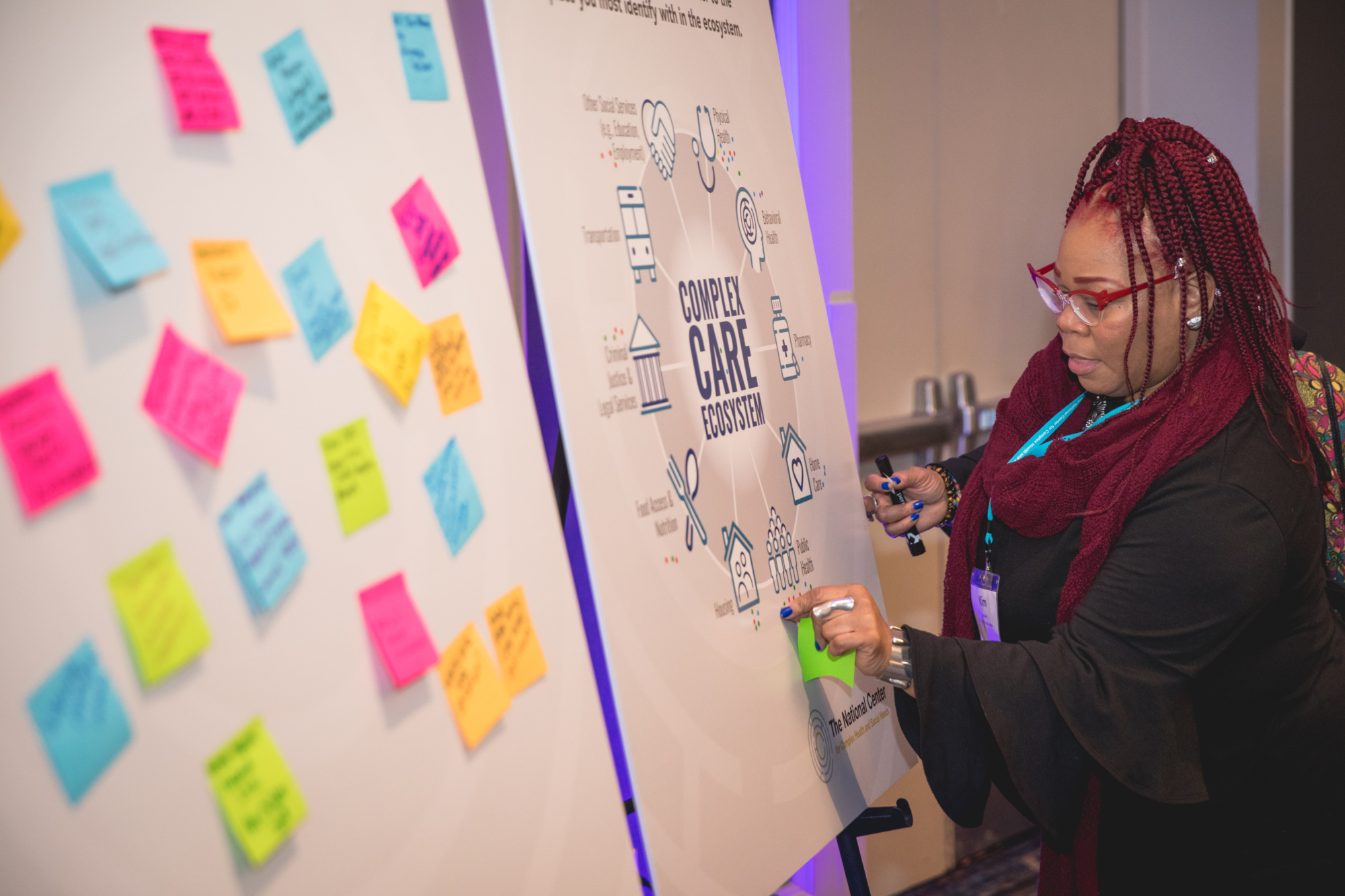The coaching quartet: A tool for reflective supervision
Building the complex care field Care management & redesign Education & training Workforce development
The knowledge, skills, and attitudes needed by everyone overseeing complex care teams and programs.
Building the complex care field Education & training Workforce development

High quality team leadership is linked to better skill development, satisfaction, and retention among staff. Team leadership is especially important in complex care because of the emotional labor required by all staff, diverse needs of patients and lack of resources, and medical and social care systems that are not set up to support individuals.
As well as providing oversight to frontline staff, complex care supervisors are often also responsible for developing, managing and growing programs and building relationships with other organizations.
However, complex care team leaders often do not receive the training necessary to do their jobs. They are often promoted from frontline work without specific training on building a supervisory alliance, running programs, and understanding data.
The Core competencies for complex care team leaders, to be released in the fall of 2024, will be the first time that the distinct knowledge, skills, and attitudes needed by complex care leaders are formally named and defined. They will be relevant to team leaders across disciplines, settings, and contexts.
These competencies will build on the Core competencies for frontline complex care providers and the Complex Care Certificate. They are an innovative and field-defining collection of the knowledge, skills, and attitudes needed to manage complex care programs and supervise staff who support people with complex health and social needs. The competencies will inform a new certificate for complex care supervisors and managers, coming in the fall of 2025.
The competencies are currently being developed by our National Center for Complex Health and Social Needs in partnership with a working group of experts from around the country from a variety of disciplines, geographies, and settings.
Being a leader of a complex care program is indeed a multifaceted challenge. There are numerous moving pieces, and often, supervisors and leaders lack a clear roadmap to navigate these intricate waterways. The core competencies pinpoint the critical areas that complex care team leaders need to focus on and master.
Join us for the release of the competencies at Putting Care at the Center 2024 where there will be sessions focused on the competencies and supervisor professional development.
Keep checking back for more opportunities.
It was a pleasure to be a part of this process and the diversity of thought. We did not have to agree, but we were able to respect each other and ensure that this was an authentic process.
Building the complex care field Care management & redesign Education & training Workforce development
Building the complex care field Education & training Workforce development
Building the complex care field Education & training Workforce development
Nine self-paced, online courses
A reflective approach to supervising





